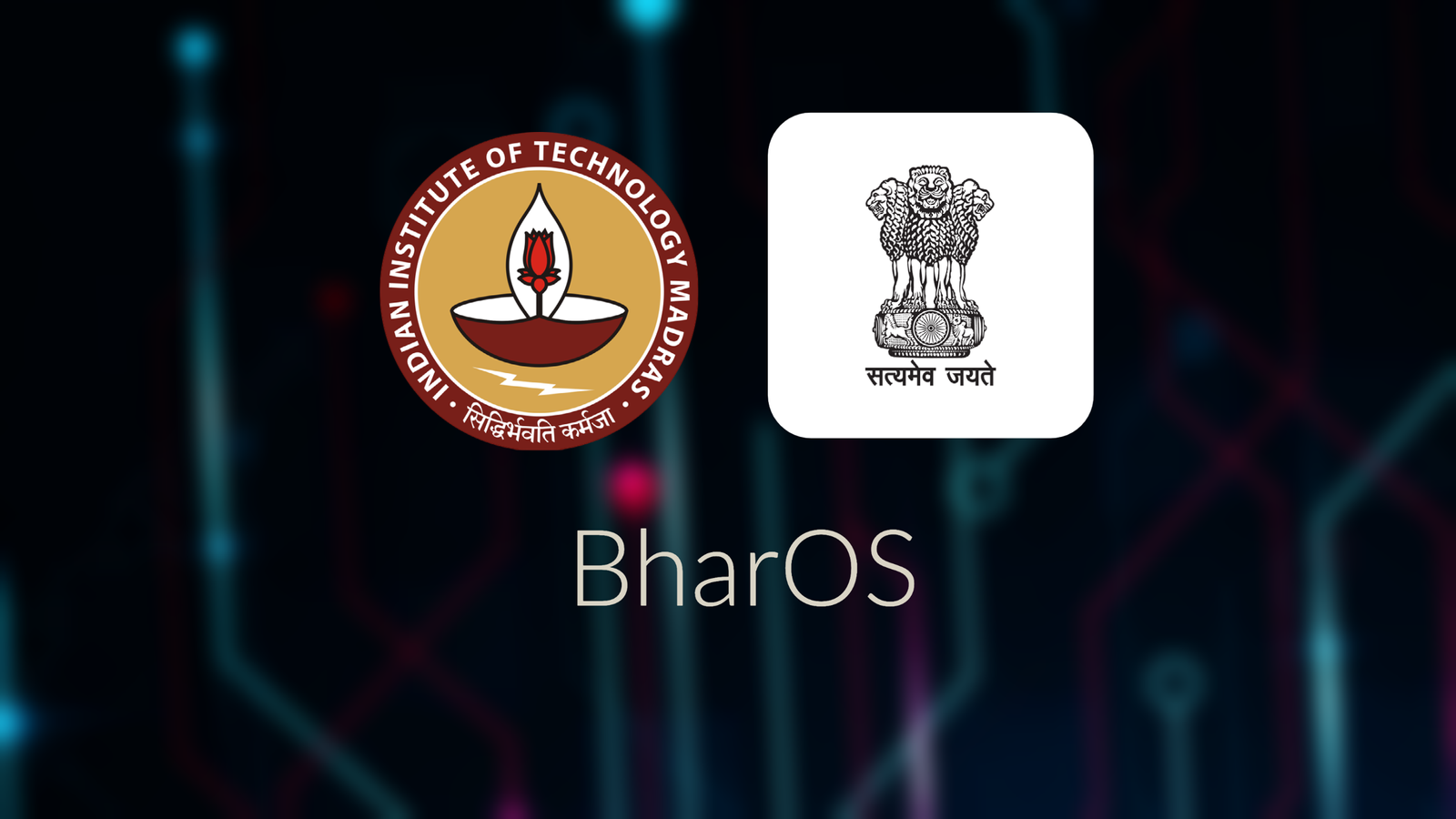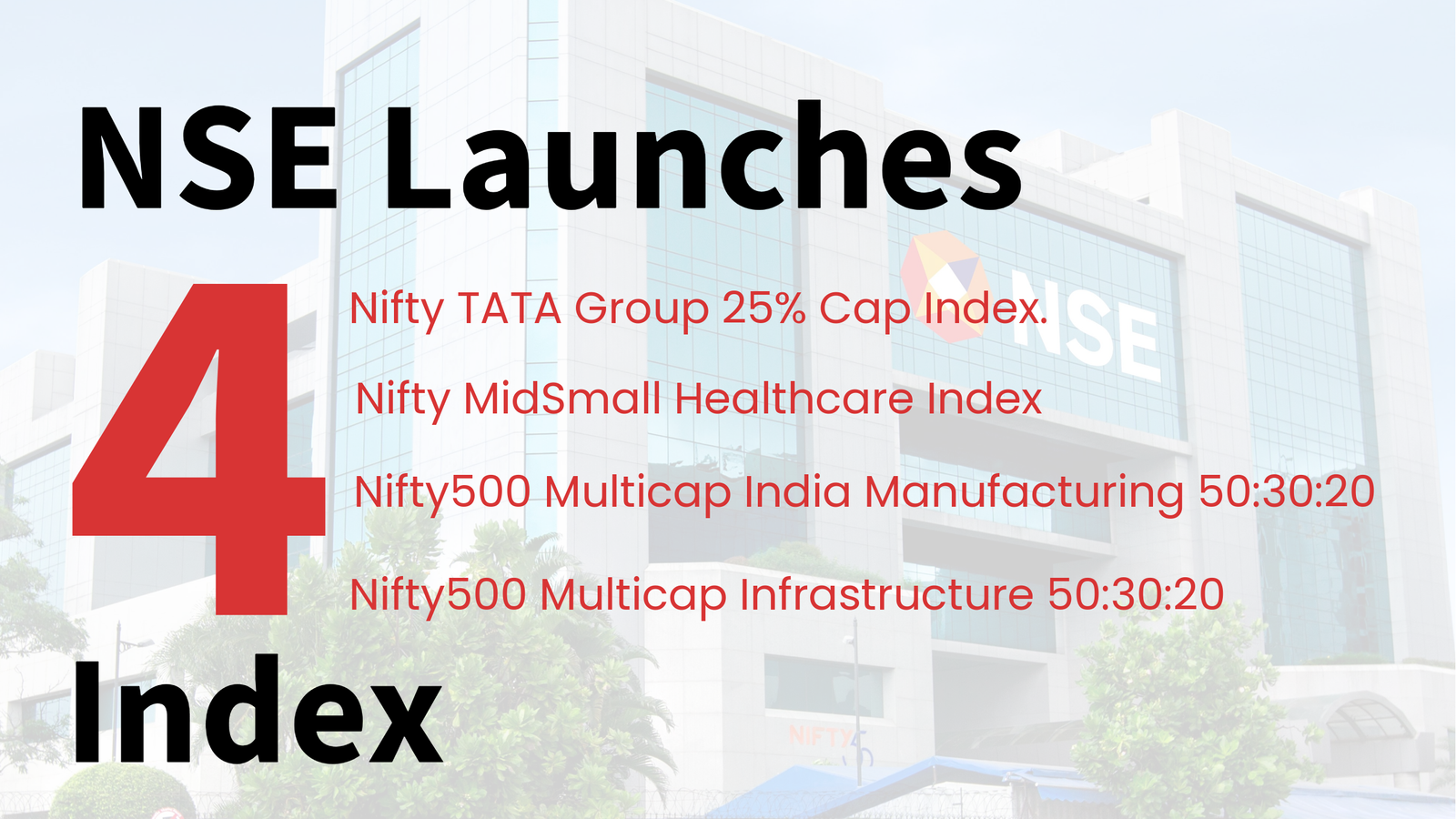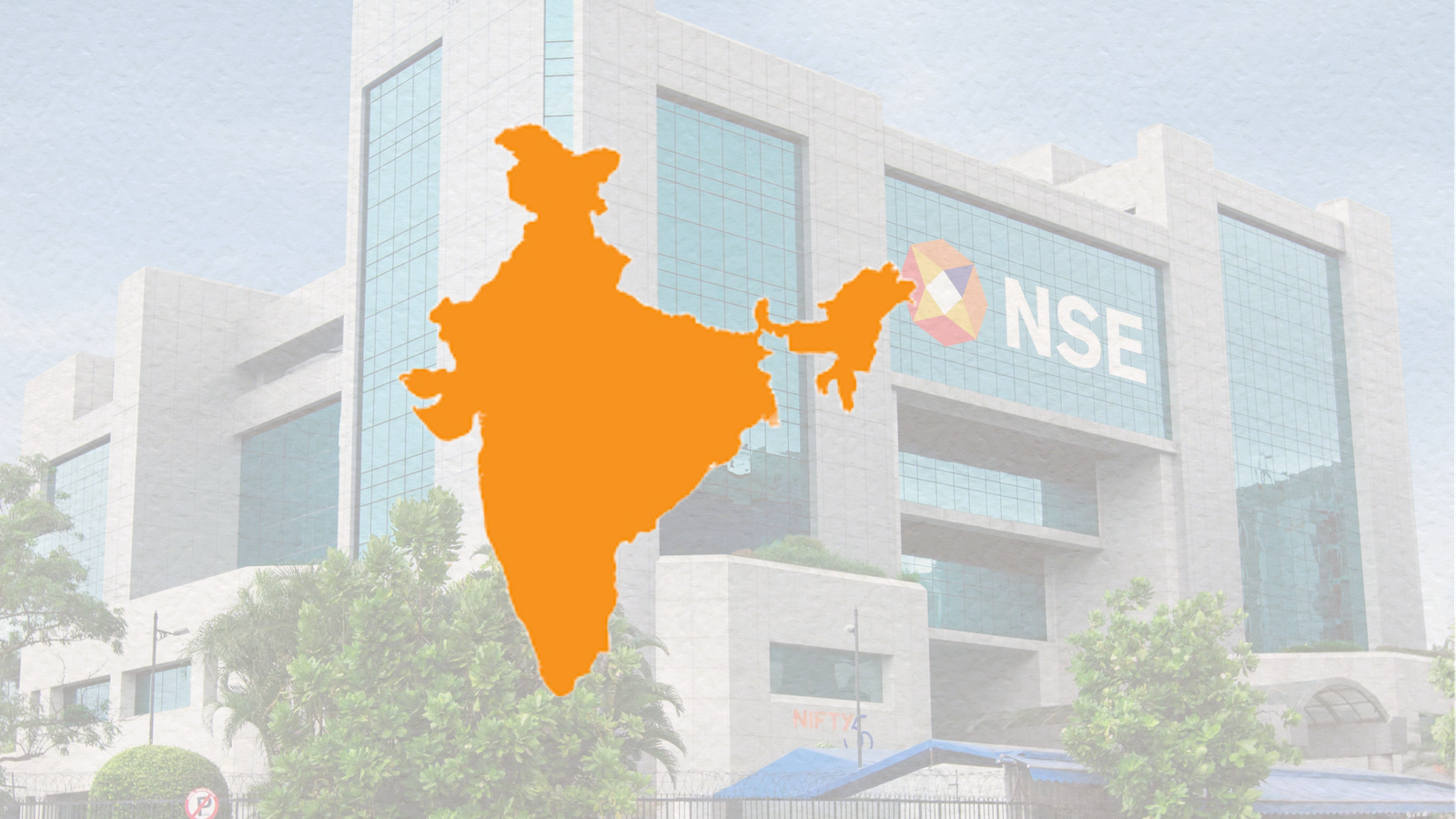After Made In India 5G Service now on 19th January 2023, IIT Madras released India’s 1st indigenous developed Mobile Operating System BharOS. Education Minister Shri Dharmendra Pradhan and Minister of Railways, Communications, Electronics & Information Technology Shri Ashwin Vaishnaw successfully tested BharOS. Watch Video
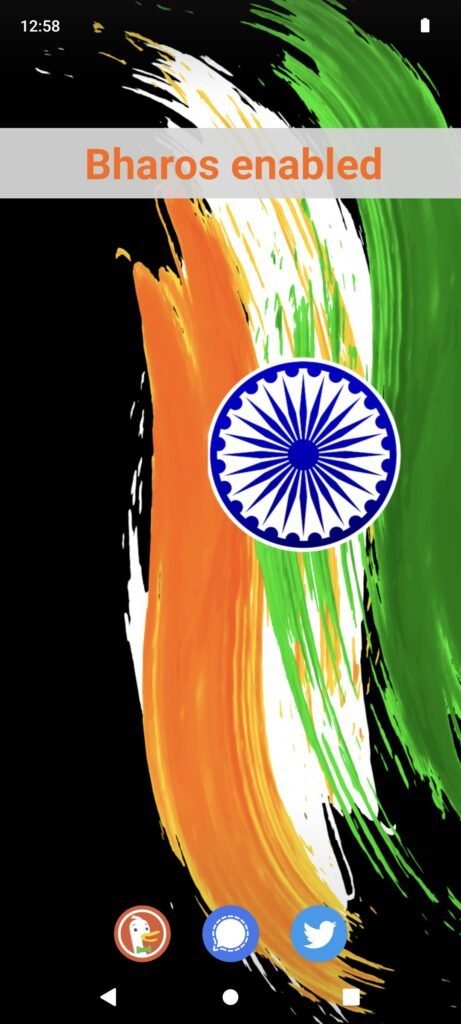
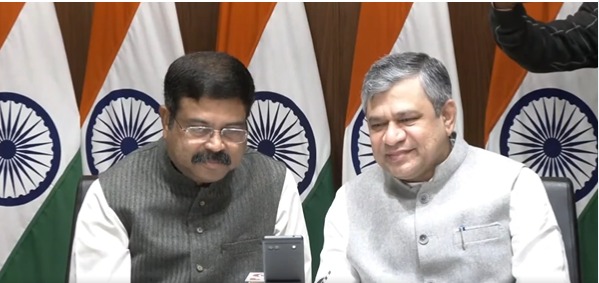
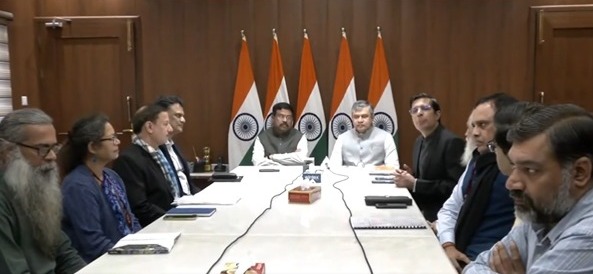
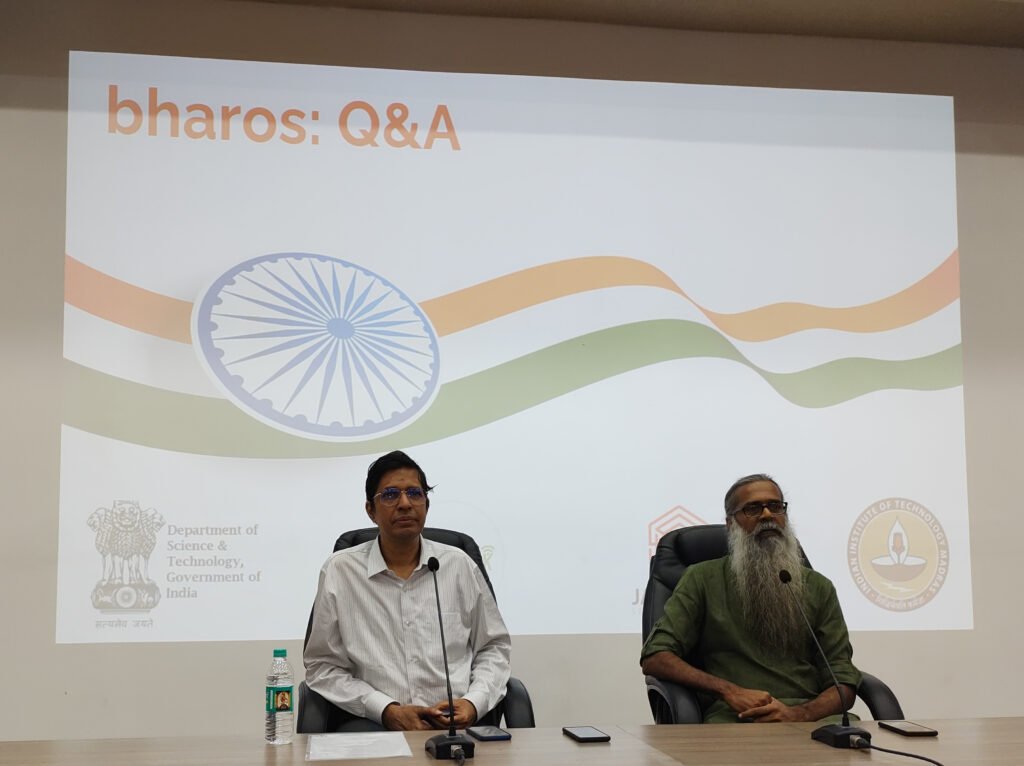
Why India needs its own Mobile OS?
Mobile has now become an essential part of our lives. We use it to take photos, create videos, and enjoy different types of games and social media apps. It is not limited just to entertainment. We also use it for important work like banking, communication, storing and sharing important documents.
If you are travelling somewhere, you should be prepared with Google Maps. It helps us to find the shortest and fastest way to reach our destination. Mobile makes our life easy and convenient but also creates the possibility of financial scams, cyber crime or data breaches. So India’s Tech shareholder and other agencies decided to develop an indigenous Mobile OS called “BharOS”
Mobile operating systems and mobile apps play an important role in making our work done, most of the handsets come with pre-installed and default apps which we can not even remove. If you are using Google Maps then it will track your physical location to help you to reach your destination.
If sharing any document with anyone, then the mobile app will ask for access to your documents. Some mobile apps come with a default setting which accesses your important data like your wifi password, photos, videos, documents, contact details, SMS and web or mobile activities. We never pay attention to app settings or what type of permissions an installed app has. Sometimes it is difficult to understand their legal language or the app’s permission setting dashboard is not user-friendly.
Currently Android is dominating with a 95% market share and iOS has around 4% in the Indian market. Android uses monopoly power to kill other players. For example, people may not be aware of MapMyIndia. MapMyIndia pioneered digital mapping in India in 1995 but Google forced pre-install Google Maps. Google search, Chrome browser and many other Google apps are default in Android OS.
Another problem is commission charges, Google and Apple charge 15 to 30 per cent commission on the purchase of paid apps and in-app purchases. Now Google restricted app developers from using any other third-party payment service. Google not allowing any other player in the payment service. Google creates an ecosystem to restrict other players. To control such anti-competitive practices, The Competition Commission Of India fined Google Rs. 936.44 Cr. Now Google threatens India with future consequences. If you are controlling 95 per cent of the market then you can threaten anyone.
Who made BharOS?
To deal with such situations and to boost Prime Minister Modi’s “Atmanirbhar” vision, Indian Govt decided to build India’s own mobile OS. IIT Madras is a pioneer in developing the OS. It is developed by IIT Madras with help of JandK Operation Private Limited. JandKops is a non-profit private organization which was created by IIT Madras Pravartak Technologies Foundation under section 8 ( Not for Profit ). This foundation is funded by the Central govt’s Department of Science and Technology ( DST ) under National Mission on Interdisciplinary Cyber-Physical Systems ( NMICPS ).
BharOS can benefit India’s 100 crore mobile phone users. This OS can be installed on commercial off-the-self handsets. The main purpose of this OS is security and providing freedom to users to choose and use apps that they actually user required. The company focused on building trust in security and privacy on its OS. Currently, OS service is being provided to such organizations which require security to handle sensitive information.
No Default Apps ( NDA )
Every Android phone comes with pre-installed Google Apps. When phone manufacturers signed an agreement for OS, Google conditioned them to install all Google apps like Gmail, Google Photo, Chrome, Google Maps, Meet and YouTube etc on handsets. Manufacturers also developed their own apps and installed them on devices that you can not remove or uninstall like Mi Music, Mi video etc. Sometimes manufacturers install sponsor apps to reduce their hardware and R&D costs. They also develop specially designed apps to track your activities which collect user behaviour data, Later they are used in their marketing strategy. All unnecessary apps take control of your access, collect your data and also utilize the power, memory and storage of your phone.
BharOS comes with No Default Apps ( NDA ). It gives you the freedom to choose the apps. Users will install such apps they are familiar with and know about their functions. So users are aware of what type of permissions are allowed to access features and services. It will help users to keep their devices clean and secure.
Private App Store Service ( PASS )
BharOS also provides access to trusted apps from Organization specific apps. OS will have a store for such apps which users can download and install on their devices. Developers will submit their apps for a performance, security and privacy validation process. It will create trust in the user that whichever app they are installing is already checked and secured. PASS will benefit both developers and users in performance, protecting personal and organizational data.
A company also offers NOTA updates i.e. Native Over The Air update. NOTA will keep your phone updated and secure. It will download and update automatically on your device, meaning you don’t need to check manually for any updates It will notify you about updates. NOTA will ensure your device always gets security patches and bug fixes. Features like NOTA, PASS and NDA make BharOS trustworthy for Indian mobile users.
Current Status
A company has provided no information on when the final version will be released for users. The OS needs to be optimized for various models. It has a long way to travel. We can expect the company to collaborate with some manufacturers with OS services. A company also needs to convince manufacturers to launch handsets with BharOS. Most devices in India are sold by Chinese manufacturers who may not wish to move easily on a new OS. The current tech ecosystem will not give any easy space to BharOS.
India Govt. and Company know this situation very well, during testing Ashwini Vaishnaw, Minister of Railways, Communications and Electronics & IT said, “The challenge starts from here. We have to remain unfazed in this journey and not get tired even for a day. There will be a lot of difficulties and there are many people around the world who will bring difficulties and will not want any such system to be successful..”
